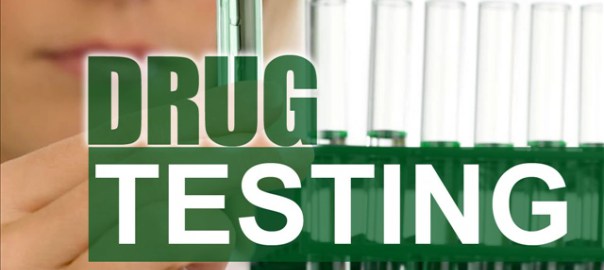The History of Drug Testing
Drug testing got its start during the Vietnam War when heroin use was on the rise among military personnel. The military began drug testing troops returning from Vietnam and soon after expanded the program to all active duty personnel. In 1986 The Federal Railroad Administration (FRA) implemented its own program to test employees for drug and alcohol after numerous drug and alcohol related accidents. By 1991, the Federal Transportatin industry passed similar guidelines under the Omnibus Transportation Employee Testing Act of 1991.
Drug testing did not become prominent in the workplace however, until the mid-1980’s under the Reagan administration. In 1988, companies holding a Federal government contract over $25,000 were required to drug test to ensure a Drug-Free Workplace under Drug Free Workplace regulations.
Today, drug testing is a central part of employee screening. The Society of Human Resource Management (SHRM) reported that drug-free workplace policies exist in 97 percent of Fortune 500 companies.
Benefits of Drug Testing
Drug testing programs can have a variety of benefits to employers. Some key benefits include:
- Reduced Liability. Employers can be held responsible for an employee’s actions, especially when it involves negligent actions. Implementing a drug and alcohol testing process can help employers protect themselves from negligence lawsuits in the event that an employee is involved in an accident while under the influence of drugs or alcohol.
- Safety. Drug testing programs can help maintain a safer work environment. According to Occupational Health & Safety (OH&S), workers compensation incidence rates decreased significantly in companies that implemented a program that tests for drug use.
- Reduced Absenteeism. A study by The Journal of Global Drug Policy and Practice reported that companies with high rates of absenteeism reported a 56 percent improvement rate in attendance after implementing a drug test program.
- Workers Compensation Costs. When workers compensation incident rates are reduced, companies can recognize cost savings. The Warner Corporation, a plumbing company in Washington D.C. reported saving $385,000 within one year of implanting a drug-free workplace and EAP program.
When is Drug Testing Performed?
Drug Testing can be performed by employers at most any point of the employment, providing that state laws are followed. The most common reasons for drug tests include:
- Pre-employment Screening Many companies conduct drug tests before making a final hiring decision. Many states have laws in place regarding how and when the testing can be performed. For example, the testing must be done by a state-certified laboratory and all applicants must have the same tests performed. Employers should research state laws before implanting drug testing into their pre-employment screening process.
- Random Drug Testing. Random drug testing is performed as a way to ensure employees are complying with drug-free workplace policies. Companies must ensure that the process is entirely random and does not single out specific employees. In addition, employers should be sure to have written policies and procedures in place surrounding random drug testing.
- Post Accident. Employees injured or involved in an accident while on-the-job can be subjected to post accident drug tests to determine if drug or alcohol use attributed to the accident.
- Reasonable Suspicion. Reasonable suspicion testing is conducted when an employer has a reasonable cause to believe the employee is taking drugs. This can be based on direct observation by a manager or other employee. Reasons include erratic behavior, confusion, witnessing the drug use or an employer’s inability to complete routine tasks.
While a drug testing program may not completely eradicate drug use by employees, it can be an effective tool in reducing it. It can also provide protection to the employer as well as providing a safer working environment. Employers are encouraged to know individual state laws before implementing any such programs.
The professionals at SB Checks are here to help ensure your company is following the proper drug testing procedures. Call (888) 725-2535 today!

